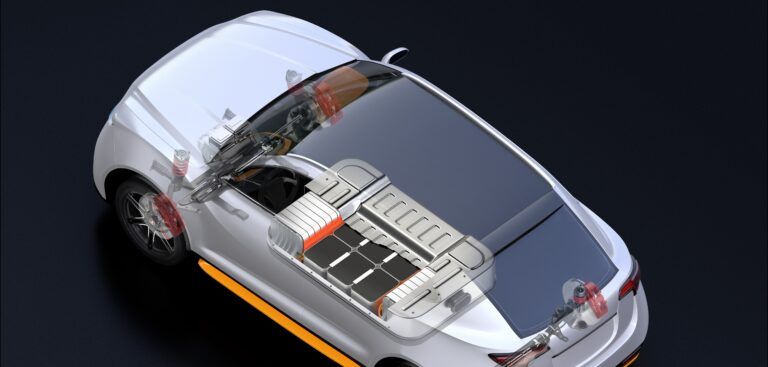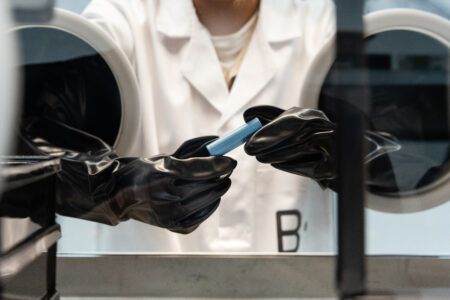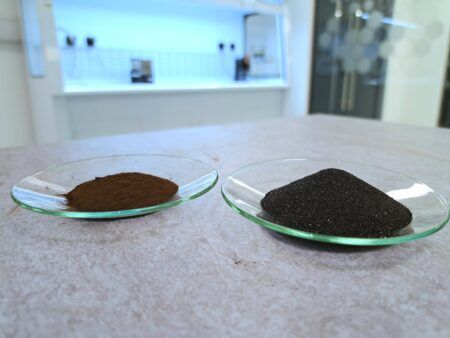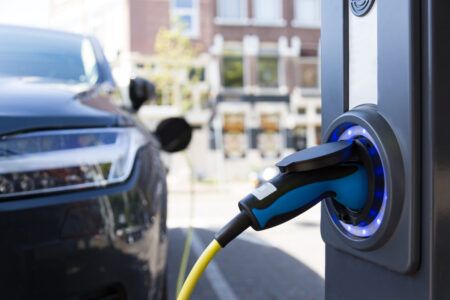A new collaborative project has been announced that aims to solve the issue of electric vehicle range anxiety by developing and demonstrating a new form of EV battery cooling technology.
The i-CoBat project will see M&I Materials, WMG and Ricardo pool resources and know-how to work on new battery breakthroughs with the goal of improving power output and cell longevity, faster charging rates, and lower costs.
The project is part of the UK’s government’s Faraday Battery Challenge and will test an immersion cooled battery pack concept using M&I Materials’ biodegradable dielectric cooling fluid.
“Power, performance, practicality such as fast charging times, and price are key determinants in persuading consumers to opt for an EV rather than a liquid-fueled vehicle when they next change their car,” said Neville Jackson, Ricardo chief technology and innovation officer. “With current cell technologies, thermal management is a crucial enabler for improvements in these areas in order to reduce or eliminate range anxiety, and promote consumer acceptance of electric cars.”
This acceptance requires higher capacity batteries and, in turn, faster charging rates to propel the EV industry. However, with this comes issues and challenges with thermal management. During fast charging battery cells can produce up to three times more heat energy than in normal driving and charging operations. Performance and efficiency of battery cells can deteriorate – and their ageing can be accelerated – if operating temperatures exceed the upper limits.
Current EV batteries packs tend to use air cooling or cold plate cooling using water/ethylene glycol or a refrigerant and the project will test its battery pack concept using a biodegradable dielectric cooling fluid.
“As we seek to extract the maximum possible energy and durability from a battery, and to replenish it as quickly as possible, thermal management becomes critical. It’s no longer just a matter of keeping the battery cool – it’s about optimizing the temperature for any given operation. There are many cooling mechanisms used by different manufacturers, and this project allows us to investigate a close-coupled cooling mechanism with a biodegradable coolant,” said Professor David Greenwood, professor of advanced propulsion systems at WMG, the University of Warwick.





